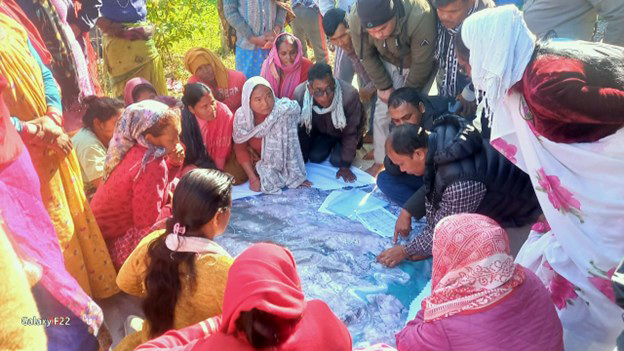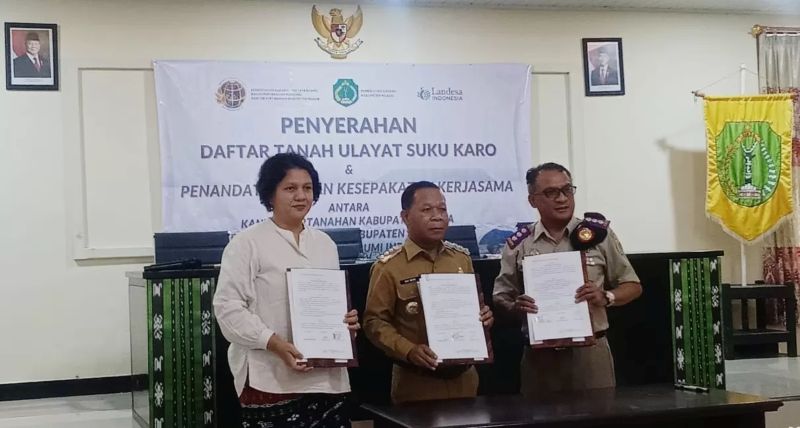This blog originally appeared on The Mark News.
China’s rapid urbanization has come at a cost to its rural villages and those who leave them behind in search of work in crowded cities. Chinese migrants must be given more rights. And that begins with reforming the Hukou System.
By Wan Yang
China’s burgeoning economy has mirrored the large-scale migration of farmers from rural to urban areas, which has reshaped, and will continue to change China. In this process, many who move to cities are left socially and economically vulnerable. As such, policy-makers should make efforts to protect their rights and make sure they are not left behind.
China is witnessing unprecedented levels of migration. Over the past three decades, more than 400 million people have moved from villages and rural areas to cities. By 2011, city dwellers outnumbered rural residents for the first time in China’s history. In 2016, more than 57 percent of China’s citizens – more than 800 million people – lived in densely-populated metropolises.
The current administration in Beijing sees increased urbanization as one of the most important engines for the next round of China’s economic growth. According to a projection in recent research by the Chinese Academy of Social Sciences, China will reach an urbanization rate of 70 percent by 2030.
But how did this happen? How did China begin down its path of urbanization?
This grand migration began in the early 1980s, when China decided to implement economic reforms, which highly increased agricultural productivity. As a result, excessive labor could move to factories and support China’s industrialization. Since then, hundreds of millions of young farmers have become migrant workers when they move to cities to work in factories and on construction sites – fueling China’s rapid and incredible economic and urbanization growth.
China’s rapid urbanization has generated significant impacts both on urban and rural areas. As cities have become more crowded, infrastructure and public services – such as healthcare and education – can barely support the fast growing population. Such impacts can be seen in Beijing, with its notoriously poor air quality, terrible transportation and sky-rocketing housing price. Its population has increased from 10 million in 1985, to 22 million in 2015, and more people are now competing for limited resources such as housing, schools and hospitals.
In the past 10 years, housing prices in Beijing surged four to five times. The number of cars on the roads has also increased from three million to six million between 2007 and 2017, causing hopeless traffic jams and severe air pollution.
For those farmers making the move from country to city life, they experience an even harder transition. Migrant workers can’t become ‘official’ urban residents because of China’s Hukou; a household registration system which divides people into urban or rural residents. Essentially it determines where a citizen is supposed to live. This means migrants can’t benefit from, or pay more for, public service in cities. Many of the migrant workers are marginalized and have never been truly integrated into cities.
When migrant workers move to cities, the elderly and children stay behind, and villages become hollow and dilapidated. The rise of China’s cities has come at the cost of many villages.
Many farmers decide to lease their lands to professional cultivators, corporations for agriculture or non-agriculture business when they migrate to cities. It is estimated that more than 30 percent of rural households have leased out their lands. In many cases, their land rights are often encroached upon, especially when they are facing large corporations, as they have weak negotiating power.
Farmers in China do not have land ownership and they contract lands from the village collective, typically for 30 years. In some instances, migrant farmers are stripped of their lands because the village authorities believe they have moved out of the villages and should give up their lands.
So the future success of China’s urbanization depends on the treatment of migrants and the proper protection of their rights.
First and foremost, can cities provide attractive economic opportunities? China has begun to encourage people to move to “smaller” or medium-size cities, those with populations under one million. But do these cities have enough jobs? This depends on the overall prospects of China’s economy.
Second, can cities provide new residents equal access to public services such as medical care and education? For farmers who want to live in cities, they should be given urban Hukou and access to the corresponding social welfare, which in turn provides them adequate access to all the rights enjoyed by their urban cousins.
Third, corporations need to be well regulated in order for farmers to be fairly treated. Also farmers who move to cities should not lose the use rights of the lands allocated to them. If they choose to lease the lands out, they should be able to collect income from the rent of their lands, making their urban transition easier.
While many migrants desire to become urban dwellers, others are not as enthusiastic. As China’s economy slows down, job opportunities are shrinking in cities. Some migrants and farmers might feel their lives would be easier in their hometowns due to lower living cost and more comfortable country houses.
China’s government is ambitious with its plans to urbanize the country. However, farmers’ decision-making powers on whether to move to cities or stay in villages, whether to keep their lands to grow crops themselves or lease them out to others, must be strengthened at the local level.
The protection of migrants’ rights starts by letting migrants make their own choices.
Wan Yang is Director of Landesa’s China Program.
Related blogs


